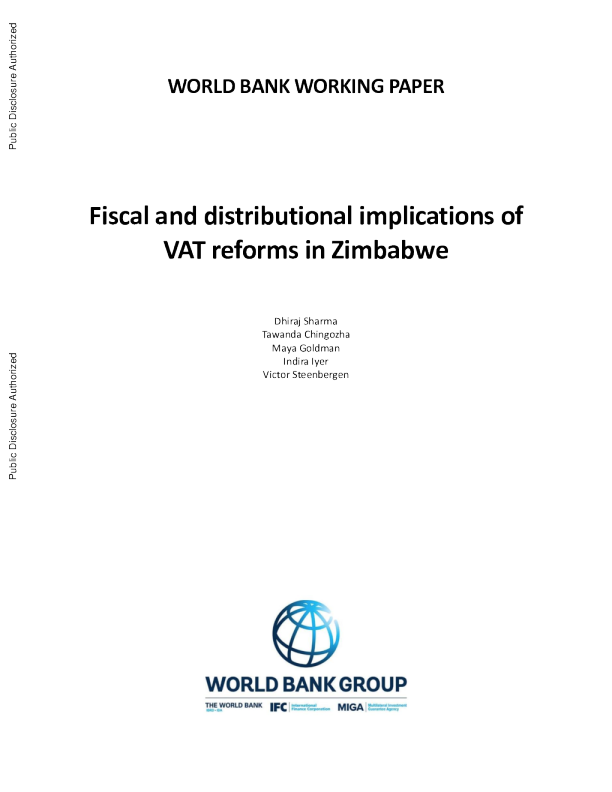平衡法国交通脱碳的环境、财政和福利影响
 AI智能总结
AI智能总结
平衡法国交通脱碳的环境、财政和社会福利影响 Nate Vernon-LinWP/24/145 国际货币基金组织工作论文描述作者(们)正在进行的研究,并公开发布以征求评论并促进辩论。在IMF工作论文中表达的观点是作者(们)的观点,并不一定代表IMF、其执行董事会或IMF管理层的观点。 2024七月份 财政事务部国际货币基金组织工作论文 平衡法国交通碳减排的环境、财政和社会福利影响——由Nate Vernon-Lin*编制 经Dora Benedek授权分发,2024年6月 国际货币基金组织工作论文描述作者(们)正在进行的研究,并公开发布以征求评论并促进辩论。在国际货币基金组织(IMF)工作报告中表达的观点是作者(们)的个人观点,并不一定代表国际货币基金组织、其执行委员会或基金组织管理层的观点。 摘要:法国在全球减缓行动中扮演了领导角色,并在减少温室气体排放方面取得了显著进展,但为了实现国内减缓目标,还需要进一步的努力。加速减少道路运输排放将是这一战略的关键部分,因为它们几乎占到了国家排放的三分之一。与此同时,随着未来十年向征税较轻的电动汽车转变,该领域的财政收入预计将下降,外部性,如拥堵,将恶化。基于现有政策,结合收入中性的连续费率方案和逐步引入道路使用者费和拥堵费的综合改革,可能有助于实现减缓目标,同时保持收入和规范外部性。本文讨论了引入此类政策的行政可行选项,以及关键福利和分配性考虑因素。 推荐引用: REVernon-Lin, Nate. “平衡法国交通脱碳的环境、财政和社会福利影响。”华盛顿特区:国际货币基金组织,2024年。 工作论文 平衡法国交通脱碳的环境、财政和社会福利影响 由Nate Vernon-Lin准备 目录 箱子附件II. 补充图表 ..............................................................................................................................36Executive Summary............................................................................................................................................3 执行摘要................引言.........................................................................................................................................................4概述交通运输排放与政策 ......................................................................................5潜在改革措施的影响.....................................................................................................19结论.........................................................................................................................................................30附件I. 模型描述..............................................................................................................................32参考文献.........................................................................................................................................................37交通运输部门排放和目标..................................................................................................................5 与道路交通运输政策相关的主要考虑因素........................................................................8 道路交通运输部门政策..............................................................................................................9 现有政策的评估......................................................................................................................13定量评估政策改革选项.....................................................................................19 政策结论.......................................................................................................................................27 1. 估算福利影响和有效税率水平.....................................................................................17 图示 1. 按部门历史排放及运输排放组成................................................62. 欧盟各国交通部门的比较.......................................73. 2023年欧盟各国道路燃料和电力税......................................104. 车辆补贴/惩罚计划.....................................................................................................................115. 现有政策下预计的排放..................................................................................................156. 现有政策的收入和福利影响...........................................................................................167. 现有道路运输燃料税收的分布影响................................................................178. 福利效应示意图..........................................................................................................................179. 每单位能源相对于现有政策成本的相对环境成本....................................1810. 2030年按政策和车型划分的所有权成本和能源价格........................................2111. 评估政策对排放和电动汽车销售的 impact.................................................................................2312. 2030年评估政策的收入 impact.............................................................................................2413. 2030年评估政策的福利 impact,相对于现有政策.................................................2514. 2030年在不同政策下的道路运输电力需求....................................................2715. 各国的回馈和线性回馈...........................................................................................2816. 电动和内燃汽车的预税零售价格 ...........................................................3517. 随时间推移的不同政策选项的收入.......................................................3618. 道路使用者收费敏感性.......................................................................................................................36 表格 1. 应用于法国道路运输活动的脱碳政策...............................................122. 分析改革选项...............................................................................................................................193. 模型中使用的历年数据...................................................................................................................324. 拥有总成本参数..............................................................................................................34 执行摘要 法国是全球缓解措施领域的领导者,同时也设定了雄心勃勃的国内脱碳目标。法国一直是多边框架的组成部分,包括缔约方大会(COP)、绿色气候基金以及各种其他倡议。它致力于到2030年将排放量减少到1990年水平的50%以下,随后在2050年实现净零排放。 加快道路交通运输领域的排放减少是实现国内减缓目标的必要手段。交通运输是最




